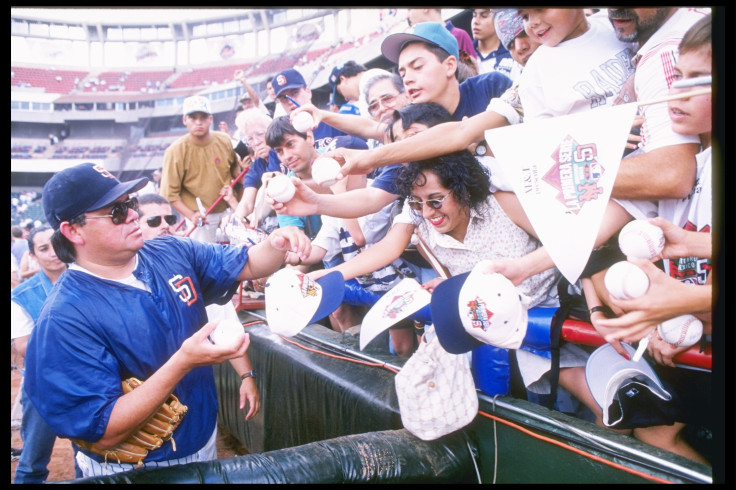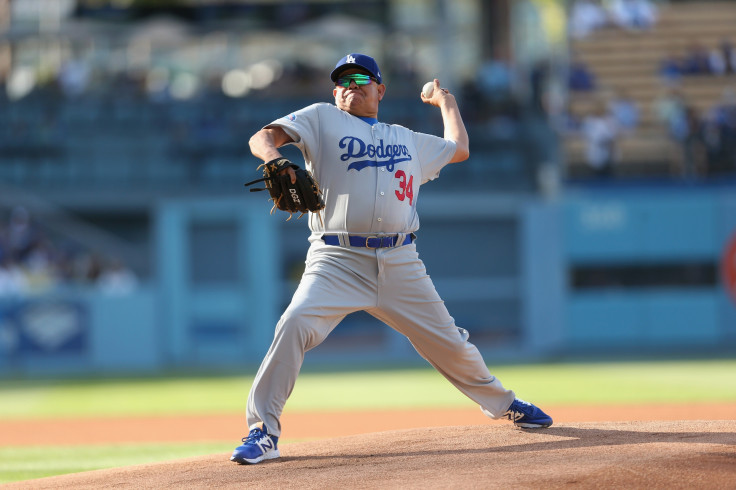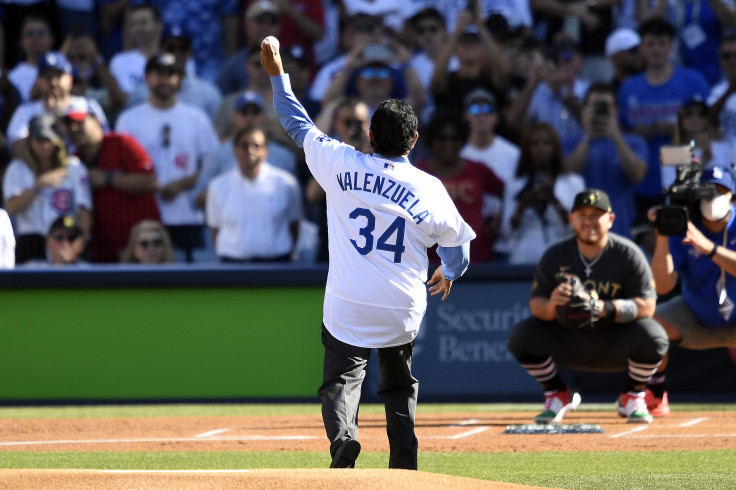
The legendary Mexican pitcher, Fernando Valenzuela, passed away on October 23, leaving behind a legacy that will resonate in baseball history and the hearts of millions. His breakout into Major League Baseball (MLB) in 1981 not only transformed the game but also united the Mexican-American community in Los Angeles through what became known as 'Fernandomania.'
This fascinating story is explored in detail in the biography 'Daybreak at Chavez Ravine' by Erik Sherman, which revisits the key moments of Valenzuela's career and his cultural impact.
Valenzuela wasn't originally meant to be the Opening Day starter in 1981, but an injury to the scheduled pitcher gave him the opportunity he needed. At just 20 years old, he threw a no-hitter against the Houston Astros, kicking off a historic season where he posted an impressive 8-0 record and a remarkable 0.50 ERA.
His performance that year earned him both the Cy Young Award and Rookie of the Year honors, while also leading the Dodgers to a World Series victory.

Valenzuela's success wasn't just notable for his statistics; it was a cultural phenomenon. Before his arrival, only about 5% of fans at Dodger Stadium were Mexican-American. However, after his debut, that number soared to 50%. The stands turned into a Mexican festival, with fans celebrating every strike and every out as if they were personal victories.
A Symbol for the Community
Valenzuela's story carries particular significance for the Mexican-American community, especially given the painful past associated with the construction of Dodger Stadium. Decades before his arrival, many Mexican-American families were forcibly displaced from their homes in Chavez Ravine to make way for the new stadium. This history of dispossession left a deep wound, one that Valenzuela's success helped to heal.

Erik Sherman emphasizes how Valenzuela became a symbol of hope and pride for a community that had been marginalized for years. "His appearance was so relatable for the Mexican community," Sherman notes. To many, Valenzuela resembled an older brother or uncle, someone who showed that achieving big dreams was possible, no matter the circumstances.
'Fernandomania': A Phenomenon Like No Other
"Fernandomania" was more than just a temporary craze; it had profound and lasting social implications. As Valenzuela continued to pitch one incredible game after another, his popularity grew exponentially. Fans flocked to the stadium not only to see him play but to celebrate their shared identity. Valenzuela's influence went beyond baseball; he inspired young Mexican-Americans to pursue their dreams, whether in sports or other fields like medicine or education.

Sherman compares the phenomenon to 'Linsanity,' but argues that 'Fernandomania' had a much deeper and more enduring social impact. While Linsanity was fleeting, Valenzuela maintained his iconic status throughout his career with the Dodgers, becoming a symbol not just of baseball but of Mexican-American culture.
Fernando Valenzuela's legacy is undeniable. He not only changed the face of baseball by opening doors for other Latin American players, but he also redefined what it meant to be a baseball fan in Los Angeles. His number 34 was finally retired by the Dodgers this year, a long-overdue but well-deserved recognition of his influence.
Today, as we mourn his loss, we celebrate his life and legacy. Fernando Valenzuela's story is a powerful narrative of personal and community triumph that will continue to inspire future generations. His presence is felt in every Dodgers game; every time a fan wears his jersey or remembers his feats on the mound, we know that 'Fernandomania' will live on forever.
© 2024 Latin Times. All rights reserved. Do not reproduce without permission.











